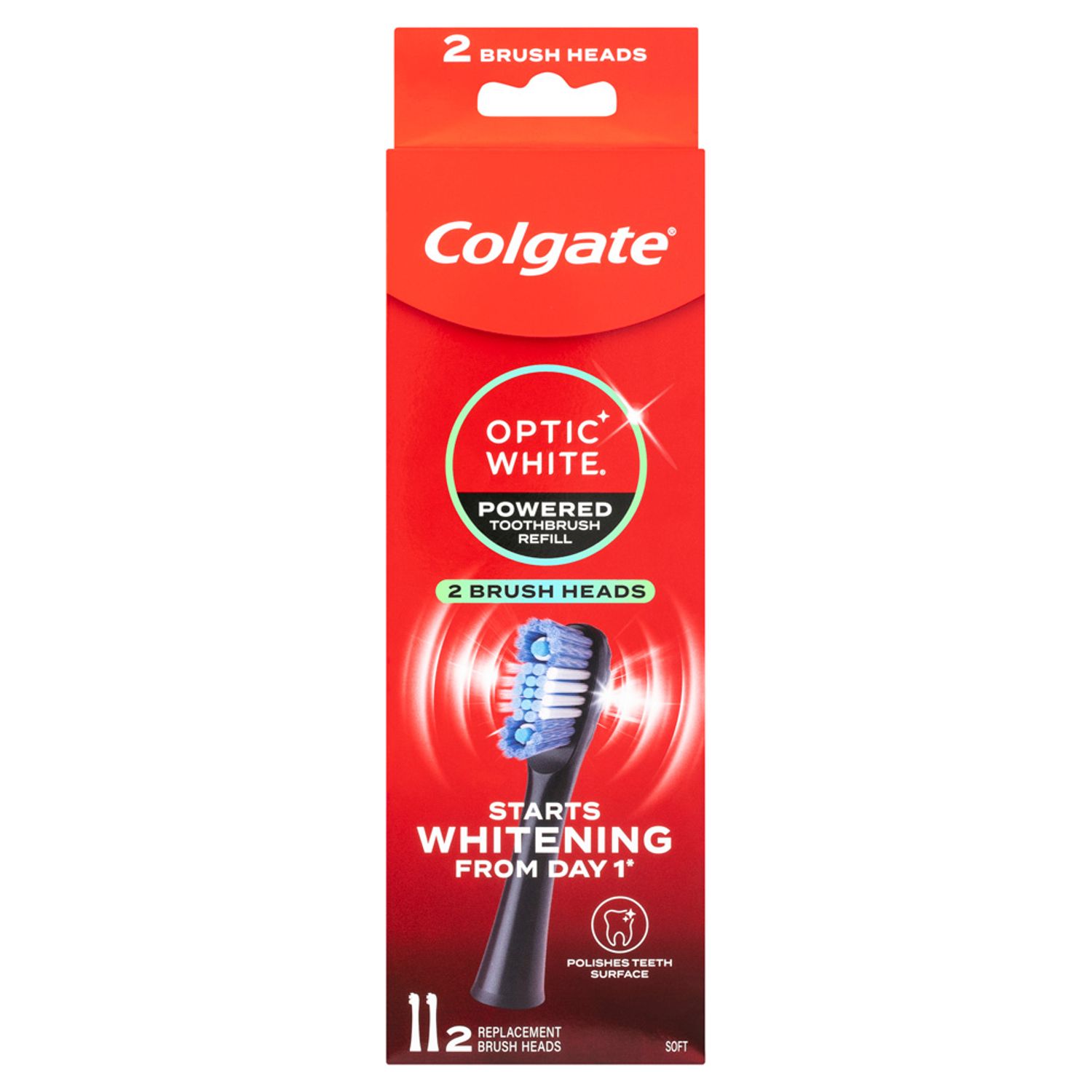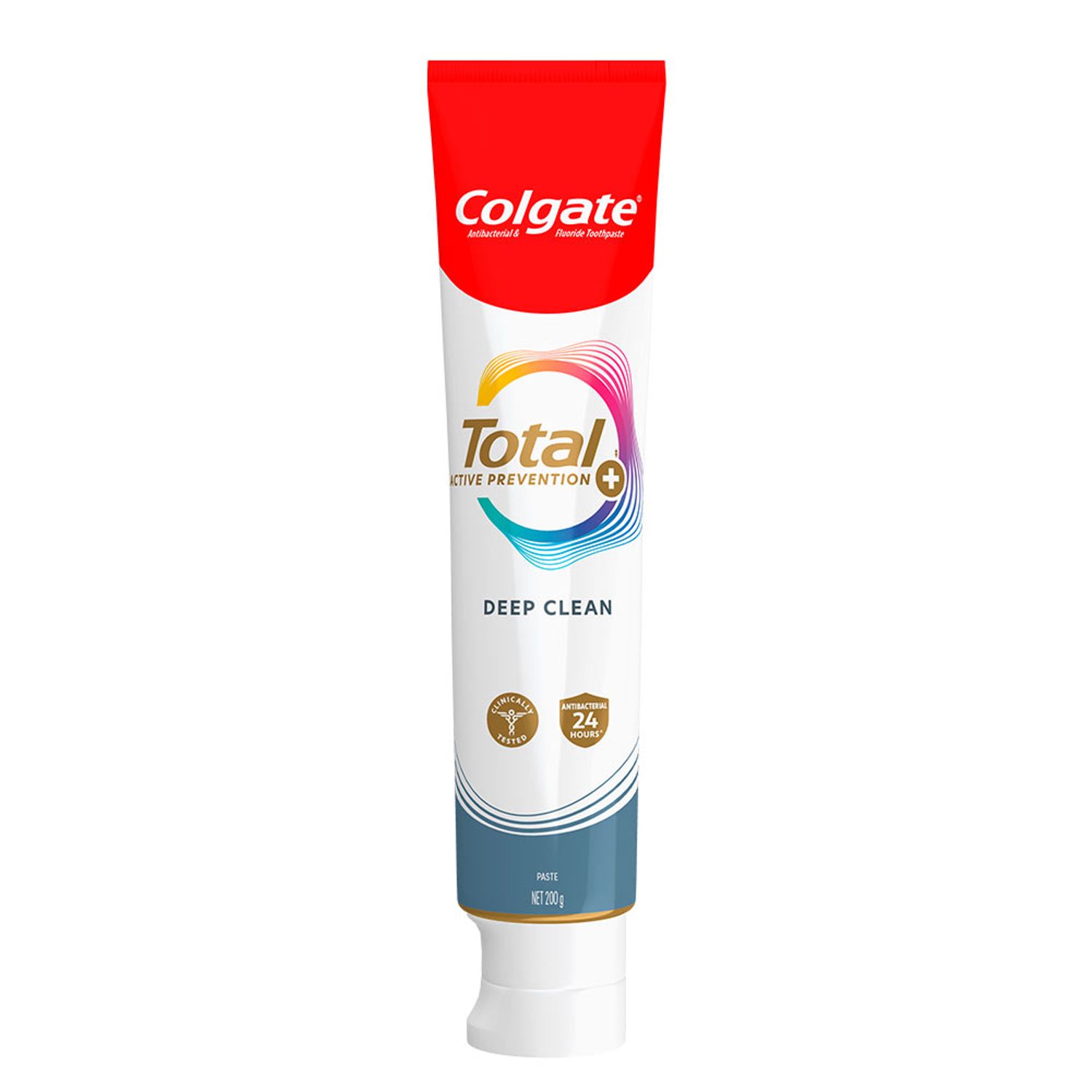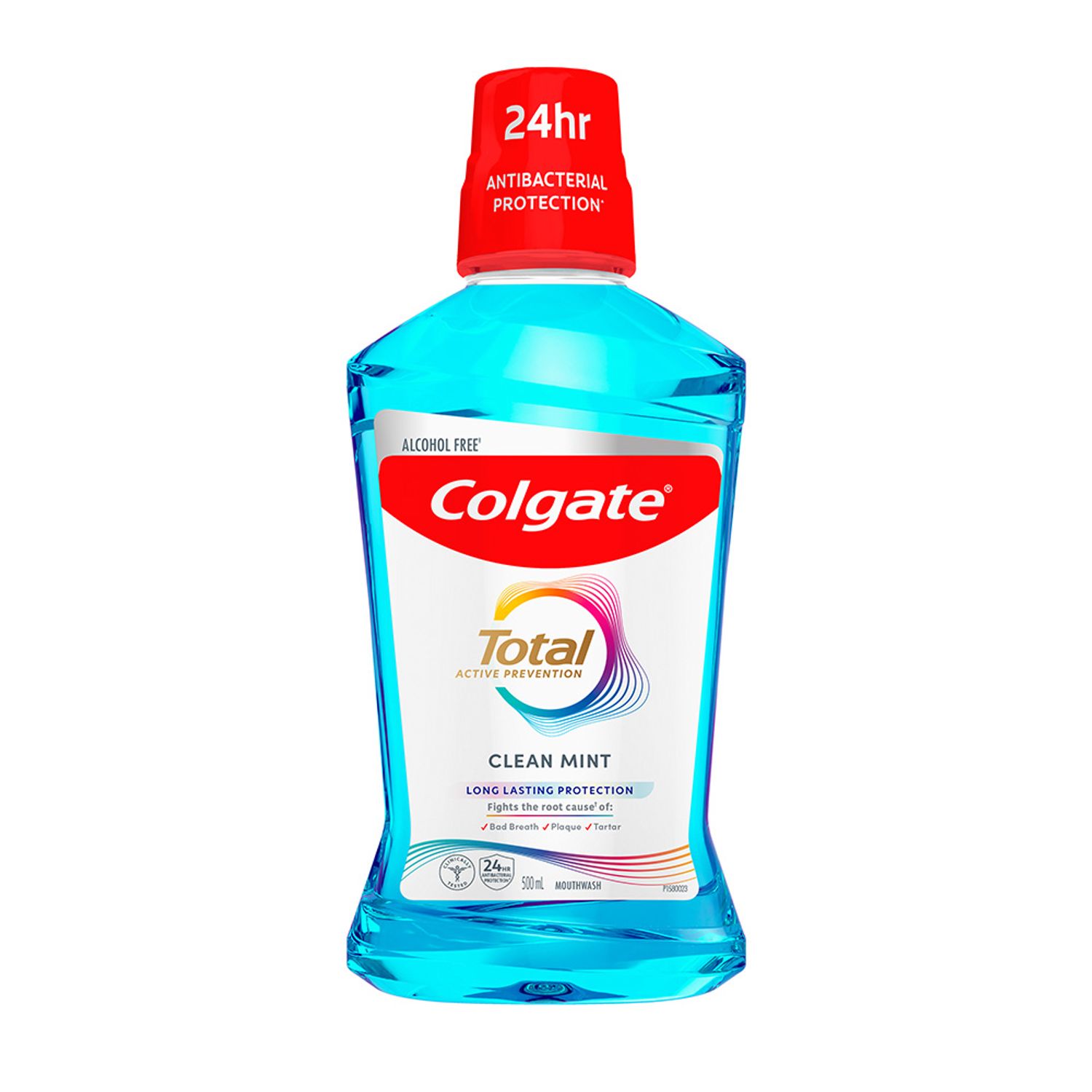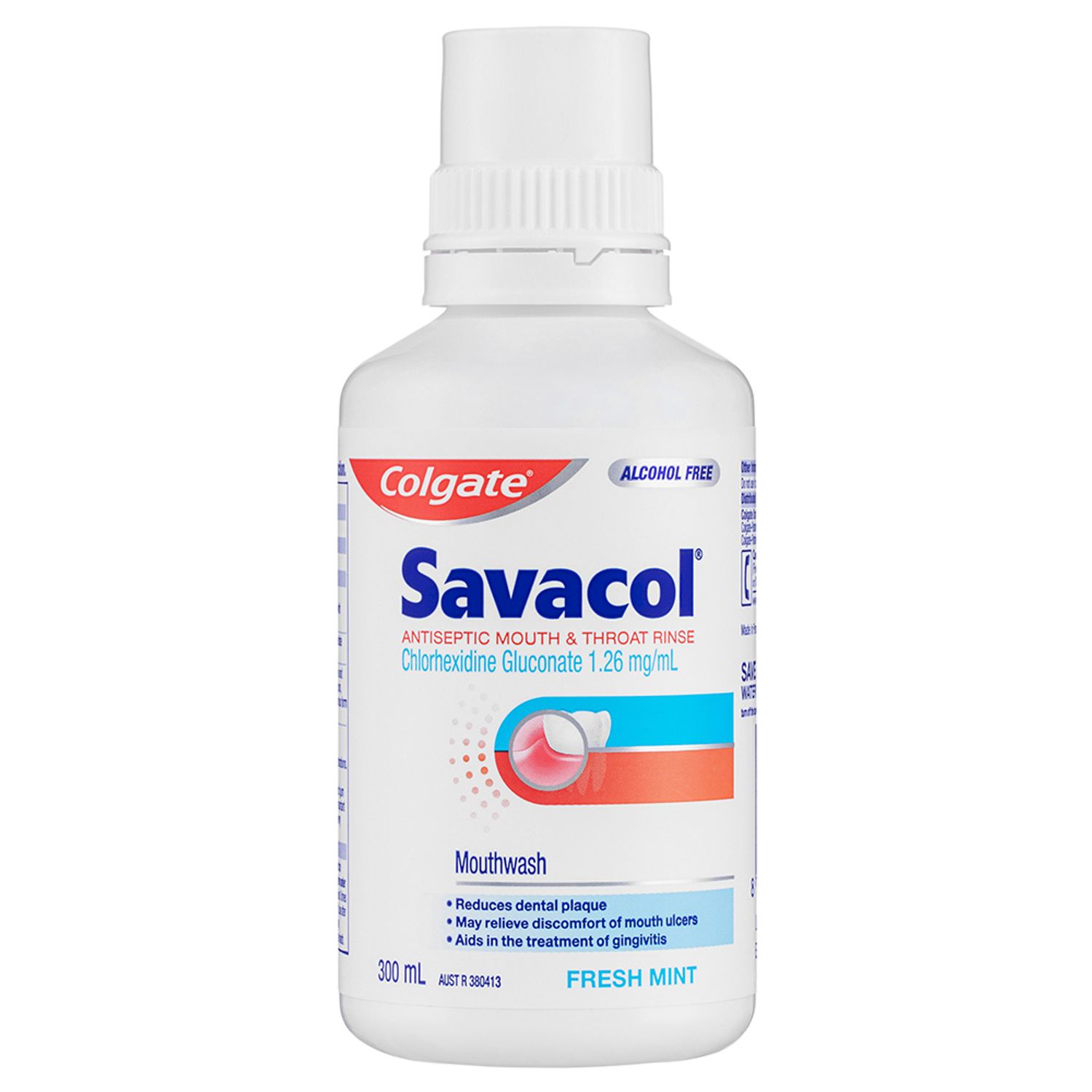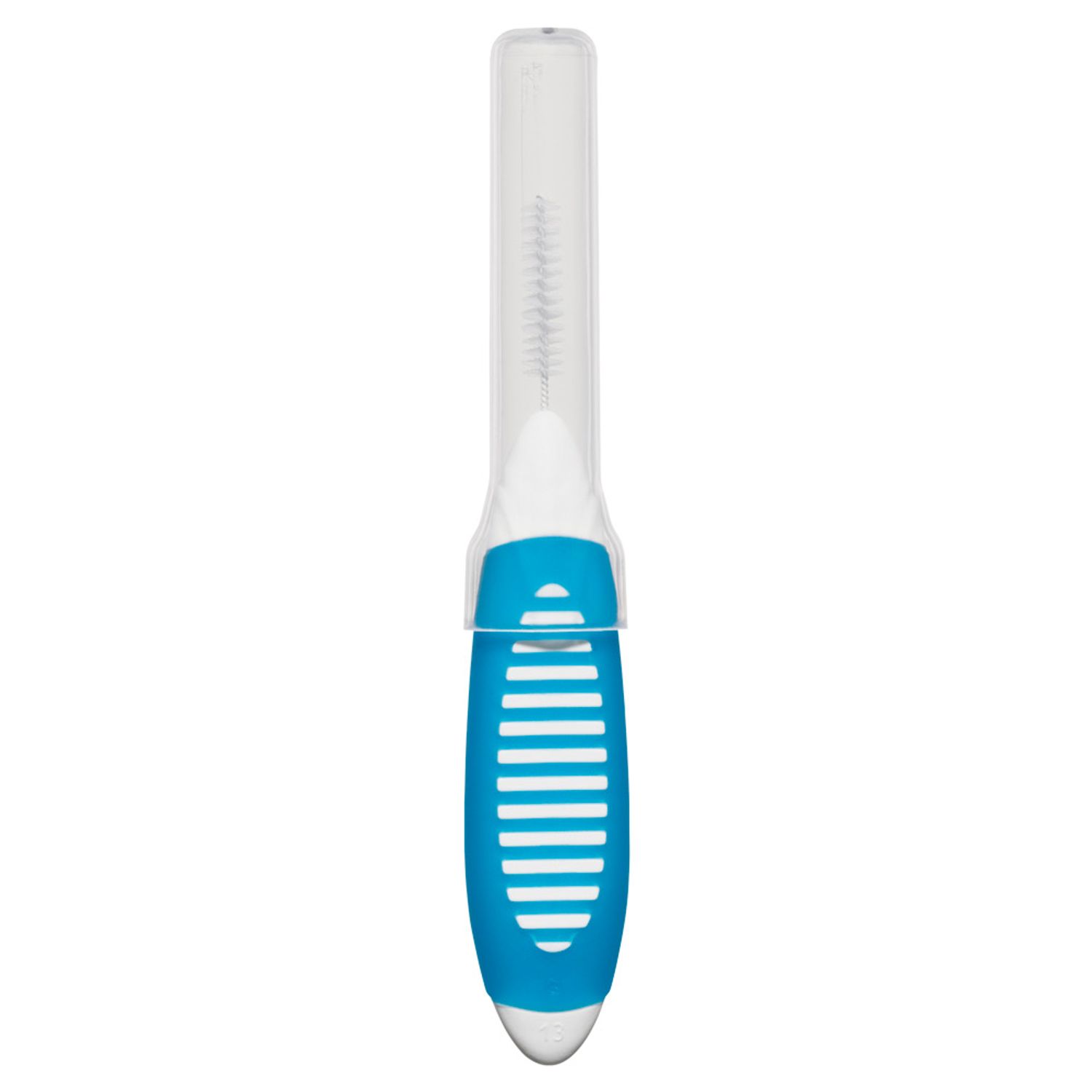-
-

BRUSHING & FLOSSING
How to BrushWhat Is the Right Way to Brush?
Proper brushing takes at least two minutes — that's right, 120 seconds!...

BRUSHING & FLOSSING
How To FlossWhat is the Right Way to Floss?
Proper flossing removes plaque and food particles in places where a toothbrush cannot easily reach... -
Science & Innovation
- Colgate® | Toothpaste, Toothbrushes & Oral Care Resources
- Oral Health
- Taking Care of Swollen and Bleeding Gums


Have you ever brushed or flossed a little vigorously only to see your gums bleed? Healthy gums usually recover quickly from mild trauma. If your gums remain swollen and bleeding for several days or longer, you may have underlying problems that need addressing.
Possible Causes of Bleeding Gums
Healthy gums are generally pink and firm to the touch. However, if your gums appear red, swollen or puffy, these could be signs of gum disease. The first stage of gum disease is gingivitis, the most common cause of gum issues in adults. A 2012 Australian Government Department of Health report on Dental Health states that moderate or severe periodontitis (gum disease) is present in 22.9% of the Australian population.
Gum disease is not the only cause of swollen or bleeding gums, however. Other causes include:
- Bleeding disorders
- Pregnancy and hormonal changes in women
- Wearing dentures that don’t fit properly
- Brushing too hard
- Incorrect flossing
- Chemotherapy
- Blood thinner medication
Preventive Measures
Gum problems can affect anyone, but it’s good to know that proper oral hygiene helps prevent swollen, and bleeding gums. To maintain good oral hygiene, make sure you brush for a good two minutes at least twice a day, and floss at least once a day.
To brush your teeth correctly, use short, gentle strokes and pay extra attention to the gumline, your back teeth and any fillings, crowns or restorations you have; and consider using a soft-bristled toothbrush.
Start a flossing routine once an evening before you go to bed. Proper flossing between the teeth, curving the floss around the tooth in a “C” shape and gently moving it up and down as well as under the gumline is essential. Make sure you use a new section of floss for each tooth, so you’re not transferring plaque from tooth to tooth. As flossing helps to remove plaque bacteria and food debris, it’s a vital preventative step in avoiding gum disease.
Treatment
The best treatment for gingivitis is a professional dental scale and clean to remove tartar and plaque. If you have swollen or bleeding gums, book an appointment with your dental health professional as soon as possible. Only your dental health professional can assess your teeth and gums and offer the correct advice and possible treatment.
This article is intended to promote understanding of and knowledge about general oral health topics. It is not intended to be a substitute for professional advice, diagnosis or treatment. Always seek the advice of your dentist or other qualified healthcare provider with any questions you may have regarding a medical condition or treatment.
Related Products

Helping dental professionals
More professionals across the world trust Colgate. Find resources, products, and information to give your patients a healthier future

